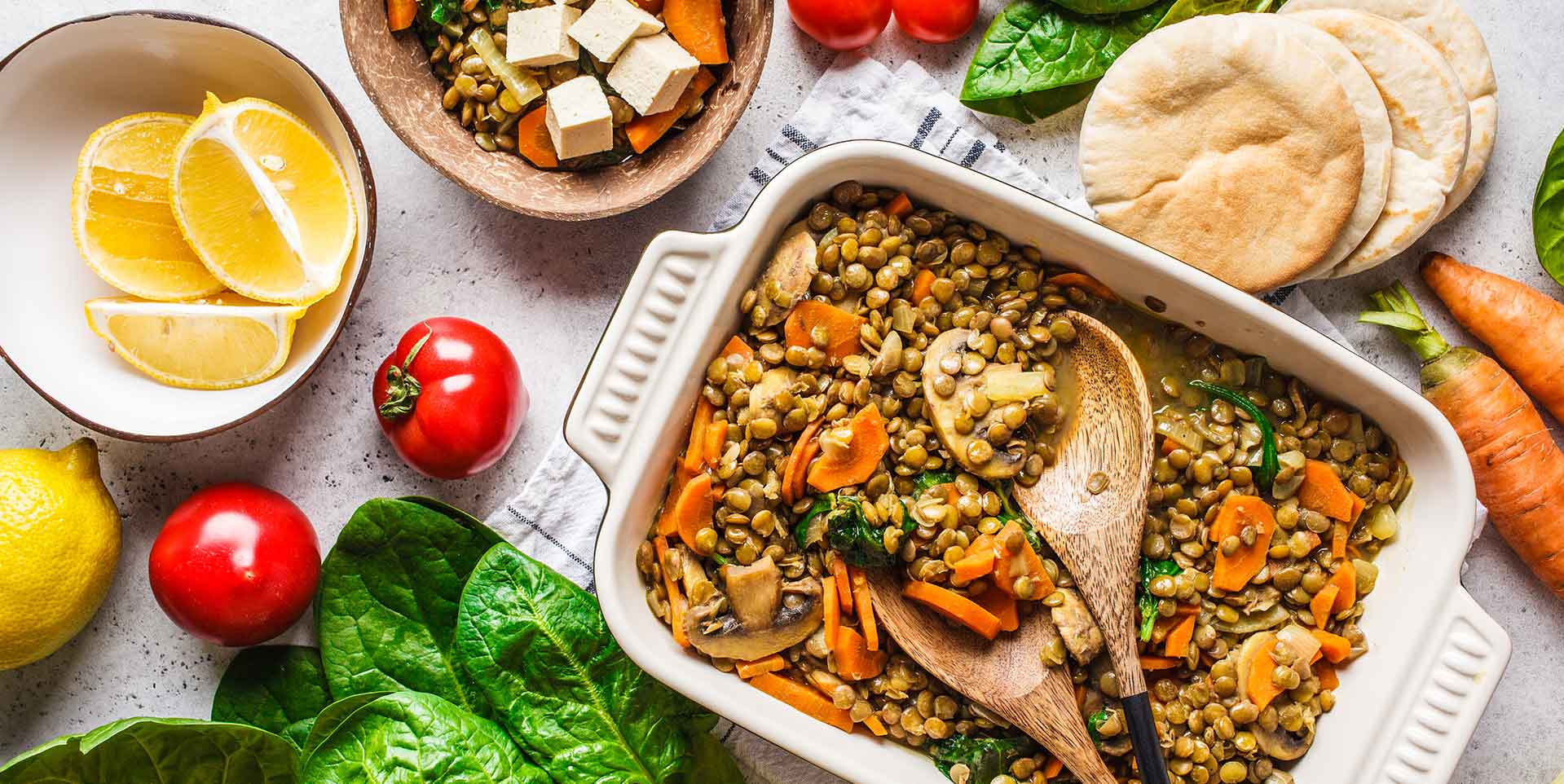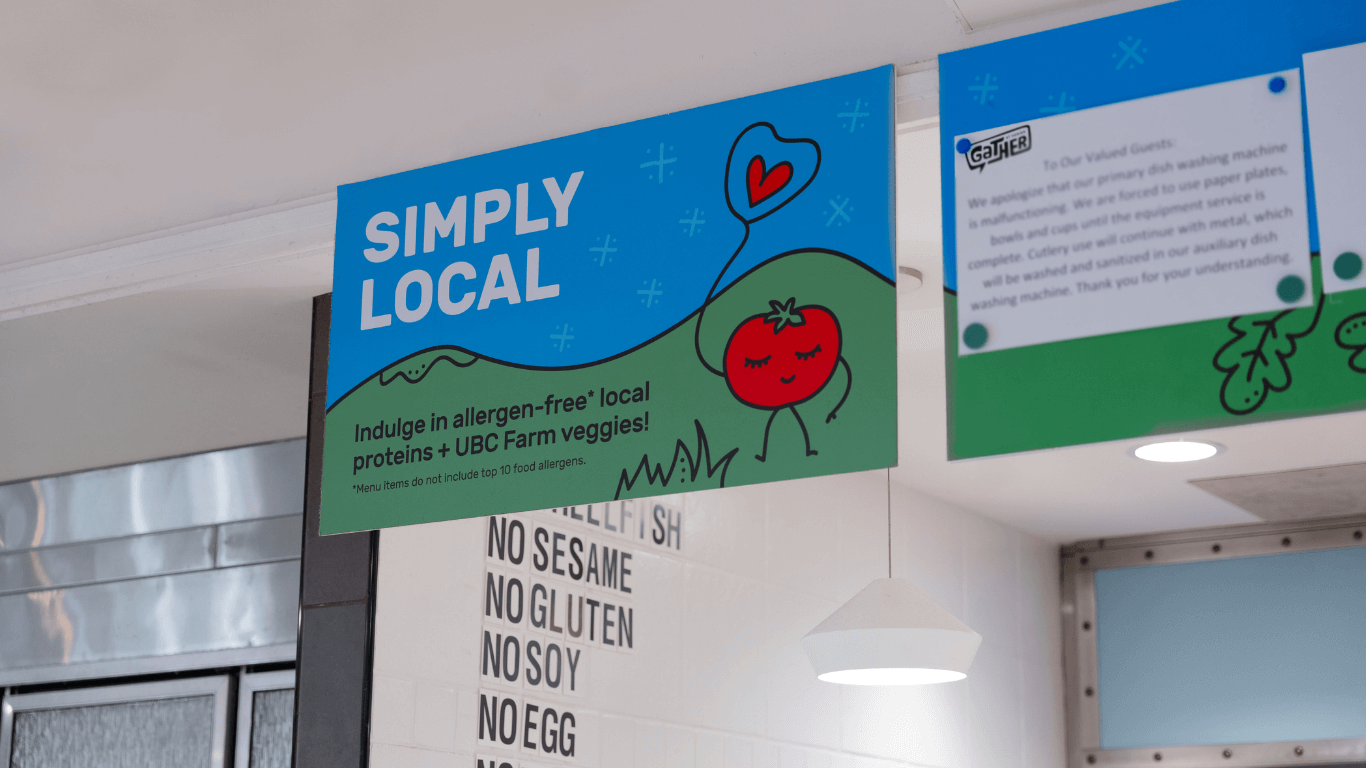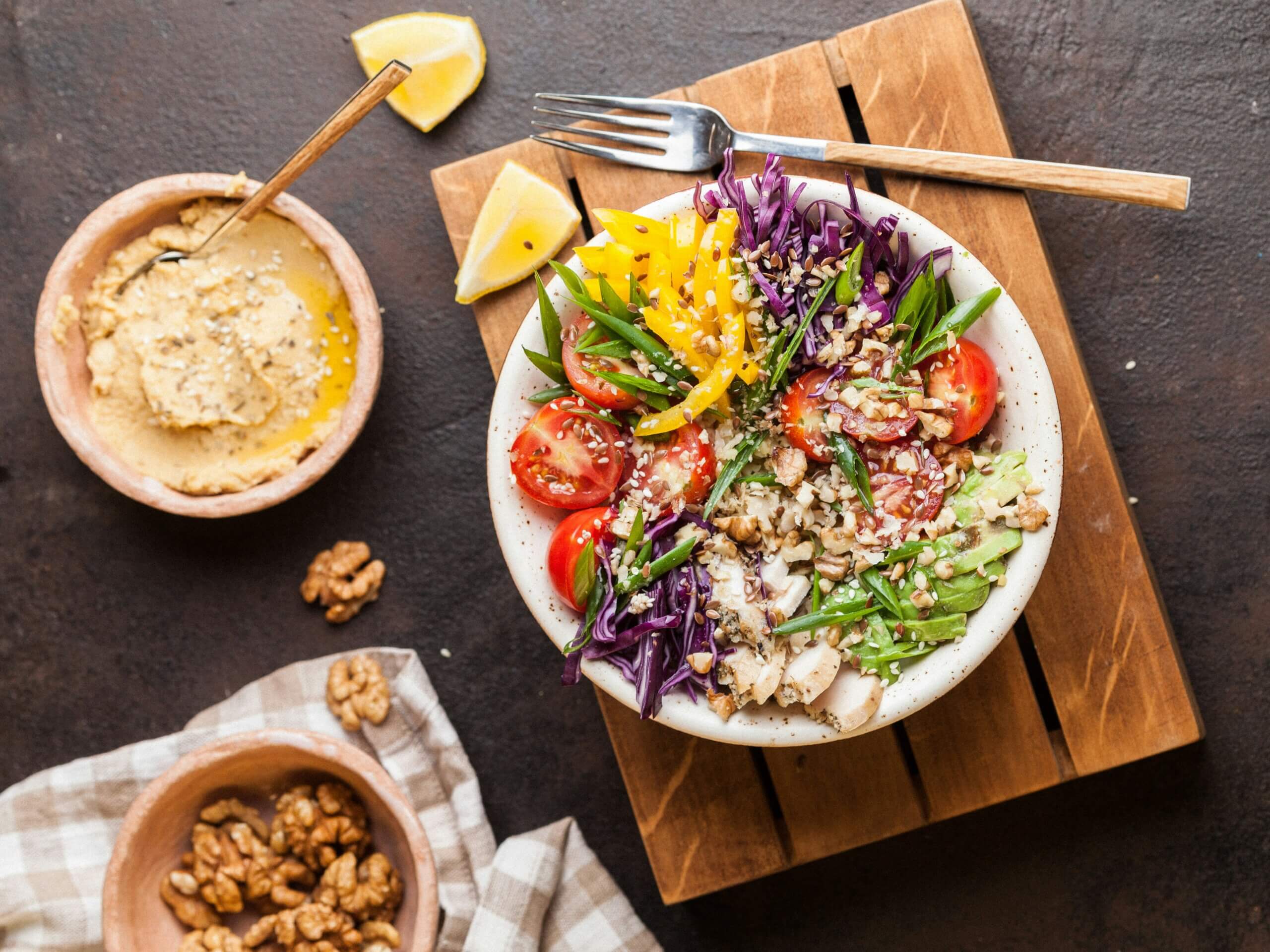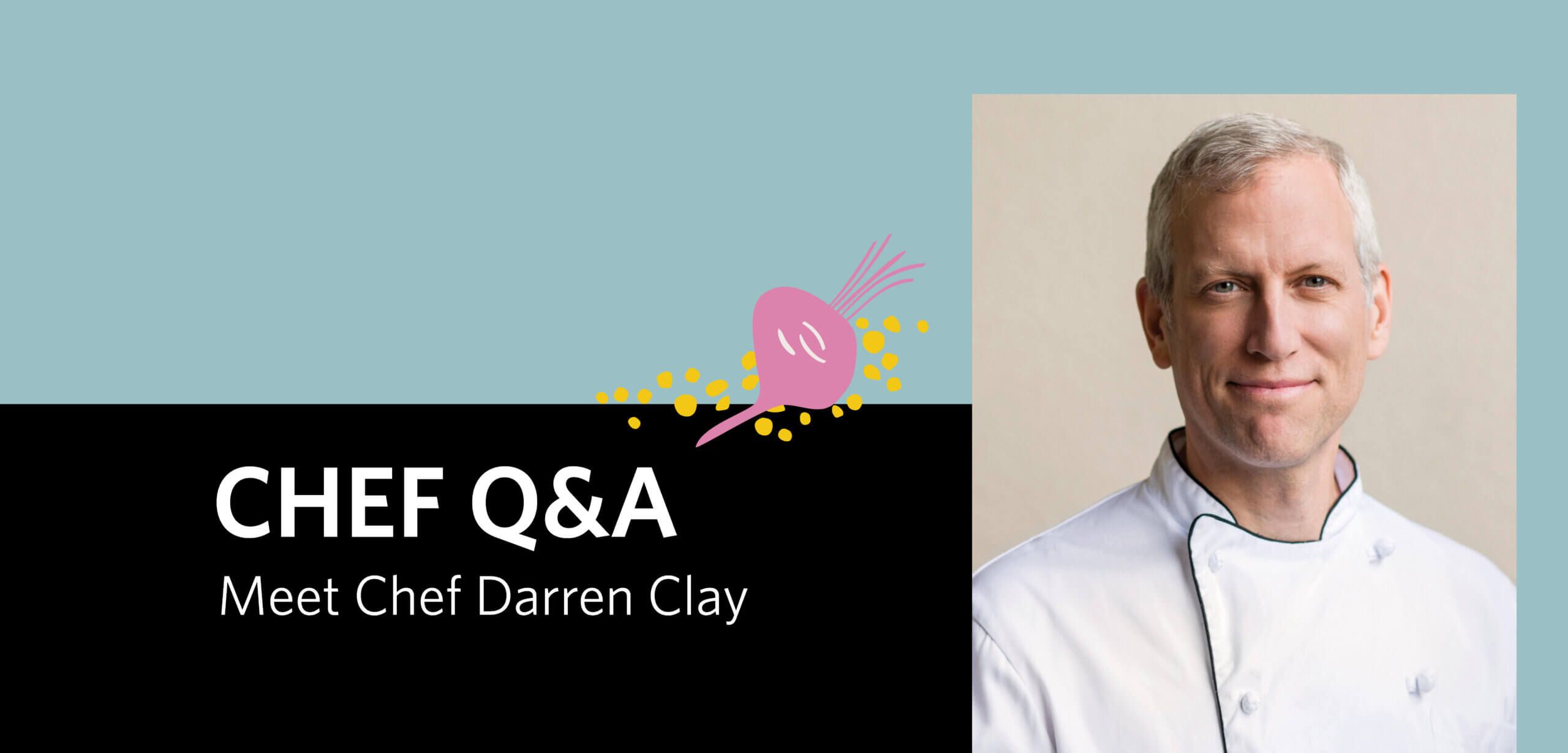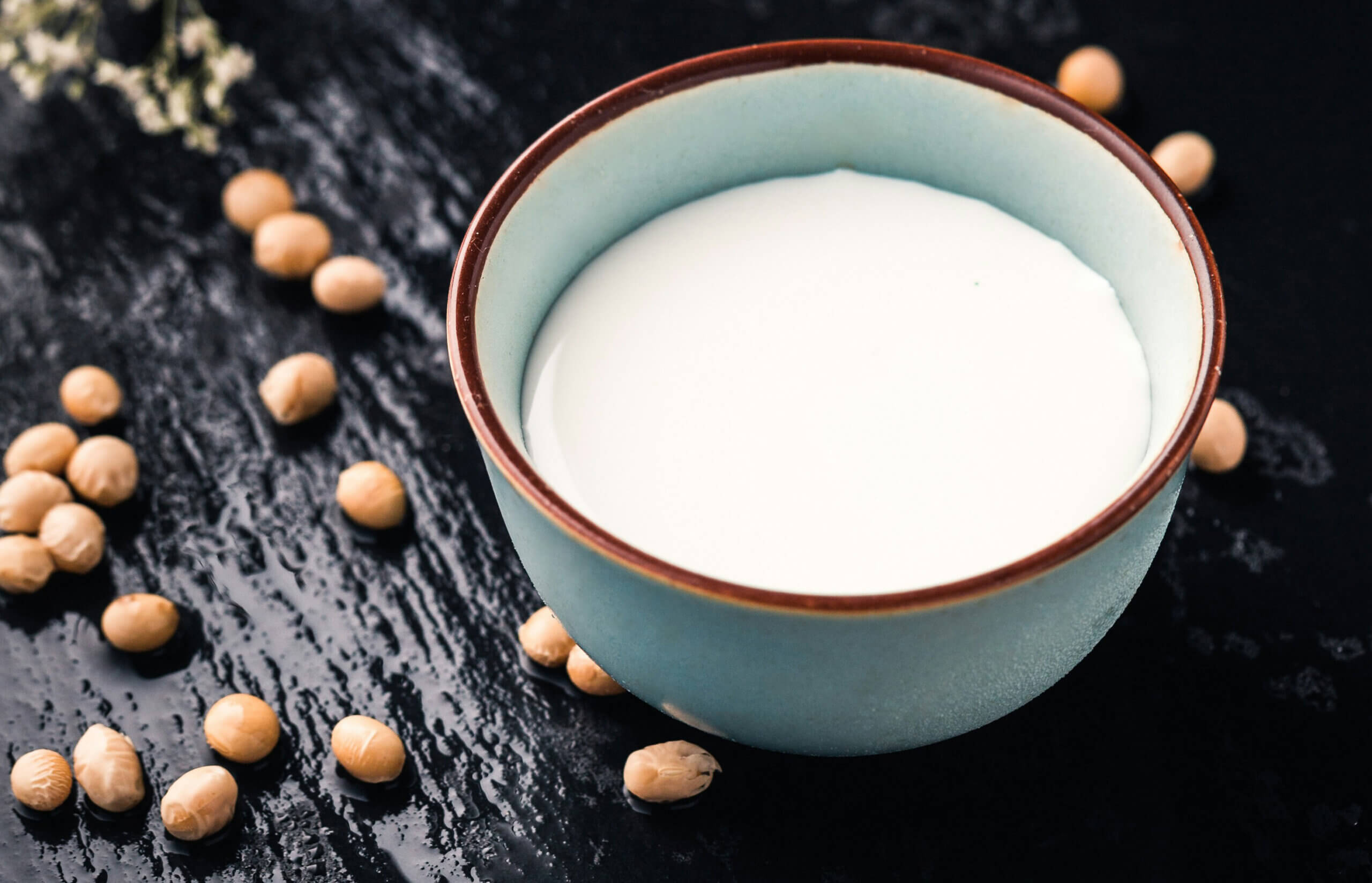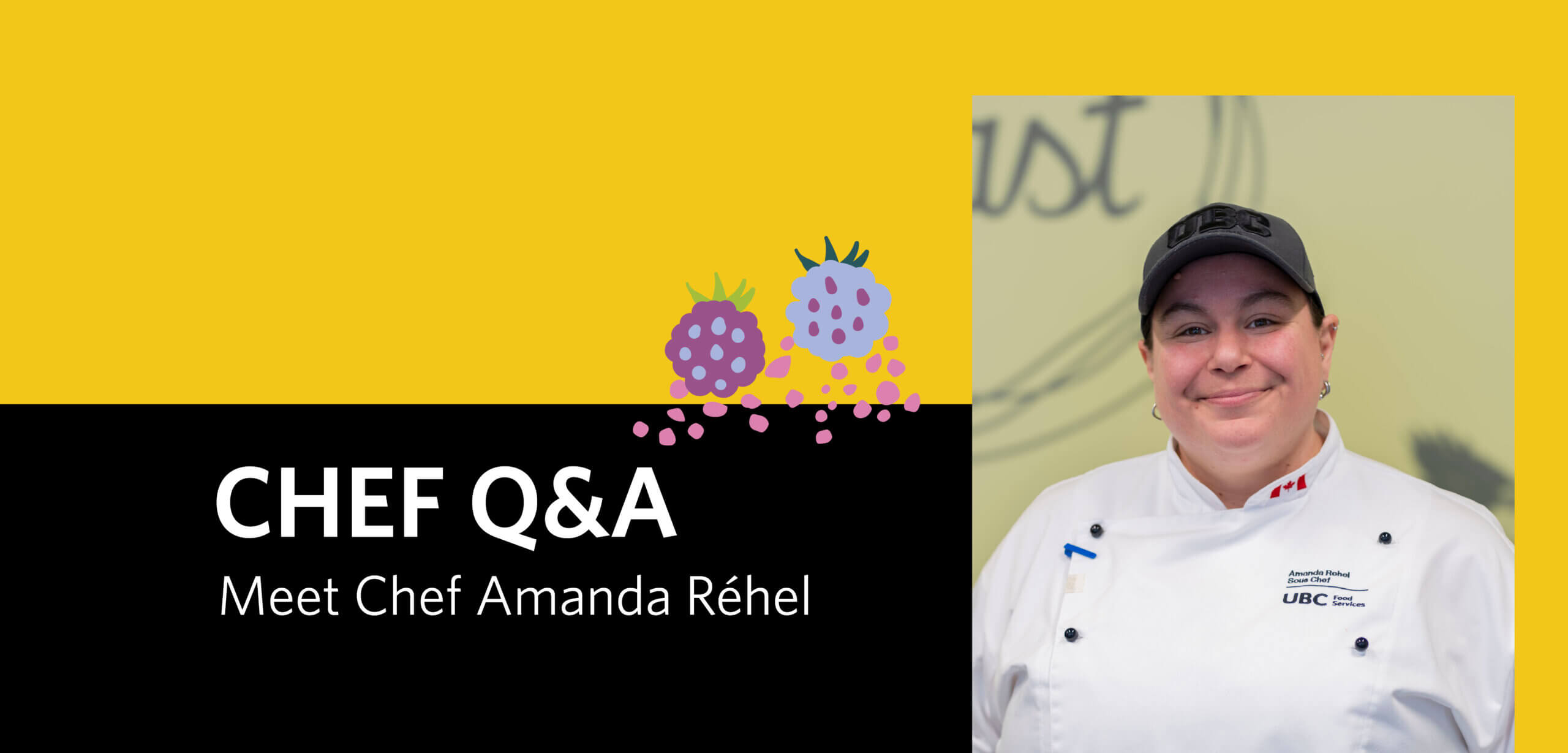You've Decided to Follow a Vegan Diet. Now What?
Following a vegan diet requires planning to ensure you avoid nutrient deficiencies, which can have long-term health impacts.
As with any diet, it is important to have balance and variety to ensure you are getting all the nutrients you need. Some nutrients are found in higher amounts in foods like meat, eggs and dairy, and in lower amounts (or not at all) in plant-based foods.
People following a vegan diet should give special attention to protein, iron, zinc, calcium, vitamin D, B12 and omega-3 fatty acids. Fear not – there are vegan sources of all of these!
Remember that the amount of specific nutrients your body needs will vary depending on your age and gender. If you want to learn more about your individual dietary needs, talk to a Registered Dietitian. If you are a student living in residence at UBC, the Residence Dietitian is available to meet with you. For everyone else in British Columbia, you can call 811 to speak to a dietitian over the phone for free, and many extended health programs cover in-person visits to dietitians.
Am I Getting Enough Nutrients?
Protein
Healthy adults need approximately 0.8g of protein for every kilogram of body weight – so if a person weighs 60kg, they will need about 48g of protein per day. For reference, 1 cup of quinoa has approximately 8g protein; a ¾ cup serving of tofu has 16g, and 2 tbsp peanut butter has 7g protein.
To bulk up the protein in your meals, try adding black beans, lentils or chickpeas to salads, wraps and soups, or using tofu or seitan in curries and stir-fries. At breakfast, try a glass of fortified soy beverage, or add peanut butter to your oats or whole-grain toast.
Calcium & Vitamin D
These nutrients are important for bone health so should not be ignored! Look for tofu prepared with calcium sulphate, and soy beverages fortified with calcium and vitamin D. Leafy greens like collards, spinach, kale and Swiss chard also contain calcium and can be added to salads, sandwiches, stews and stir-fries.
Zinc & Iron
Zinc is found in protein foods, such as beans and lentils, as well as in nuts and seeds. Try adding black beans to your pasta sauce, or sprinkle some chopped cashews onto salad or oatmeal.
Legumes, tofu and dark leafy greens (like spinach) as well as some fortified grain products (think pastas and cereals) contain iron. Tip: add a source of vitamin C to increase the absorption of iron from plant-based foods. An easy way to do this is to add some lemon juice or tomatoes to your iron-rich foods. It's also a good idea to have your iron levels checked regularly by your doctor.
Vitamin B12
Vegans may need to take B12 supplements. One vegan source of vitamin B12 is nutritional yeast. This can be added to salads, pasta sauce and snacks (such as popcorn) to add a cheesy, savoury flavour. Try one of these tasty recipes for inspiration!
Some breakfast cereals and other foods can also be fortified with B12, so be sure to check the nutrition label.
Omega-3 Fatty Acids
Look for heart-healthy fats like those found in nuts, seeds and plant oils (think olives, walnuts, chia and flaxseeds). Add a drizzle of olive oil to your greens, or try this avocado sandwich filling.
Variations
If full veganism isn't working for you, that's okay! You may want to try vegetarianism. There are many variations on the vegetarian diet, with some including dairy products, eggs or both. Another diet you might be interested in trying is a pescatarian diet – this includes fish and seafood, but not meat.
When thinking of the best diet for you, it is important to find nutritious foods that you enjoy eating and that help fuel the activities you do. Don’t be afraid to try something new!
FAQs
I find it hard to eat out with my friends who aren't vegan. What should I do?
Many local hotspots around Vancouver have options for most types of diets. Most restaurants also post their menus online, so if you have doubts, you can always look in advance to make sure there will be vegan-friendly options.
I don't want to eat tofu at every meal. What are some other plant-based proteins I can eat?
There are many ways you can spice up tofu to change its flavour, but you can also try other plant-based protein foods such as legumes, seitan or tempeh. There are also a wide variety of meatless substitute products available to try.
Where can I find vegan food at UBC?
Several campus food outlets have vegan options, and if you aren’t sure, all you have to do is ask! Explore the vegan options at any of the three residence dining halls online (not just for first years!) or try some delicious vegan pizza at Virtuous Pie in Wesbrook Village, a warm rice bowl from Porch, or vegan favourites like falafel, fried cauliflower and hummus at Jamjar.
Need some hacks for vegan dining in residence? Check here.
